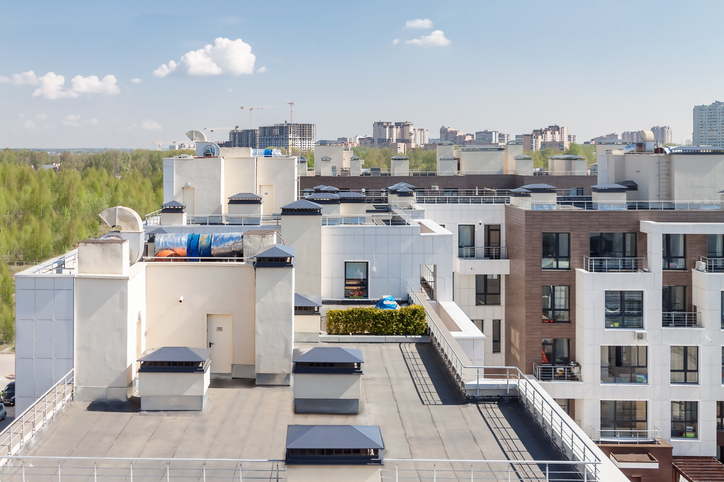
Section 1031 Like-kind Exchanges Stimulate the Economy and Sustain American Businesses
Like-kind exchanges stimulate business growth of all sizes
- Section 1031 is important to the efficient operation and ongoing vitality of thousands of American businesses in a wide range of industries, business structures and sizes.
- Small and mid-size business owners and middle-class taxpayers use Section 1031 to transition into facilities and locations that more efficiently meet their needs, instead of being tax-locked into yesterday’s inefficiencies.
- Section 1031 allows taxpayers to shift into more productive like-kind property, change geographic location, and diversify or consolidate holdings.
Like-kind exchanges stimulate needed capital investment
- According to a 2020 study by Professors David Ling & Milena Petrova, Section 1031 like-kind exchanges give businesses and entrepreneurs more incentive and ability to make real estate and capital investments.
- 1031 buyers invest significantly greater capital into replacement properties than do non-1031 buyers.
Like-kind exchanges encourage transition to highest and best use
- Like-kind exchanges encourage capital investment for the highest and best use of real estate, thus improving communities and increasing the local and state tax base.
- As a result of the economic fallout from the coronavirus pandemic, large amounts of retail and office space are expected to become vacant or under-used as businesses transition to different operating models.
- Section 1031 like-kind exchanges are a useful tool in repurposing properties because they allow capital to efficiently and effectively flow to where it’s most needed. Properties are transferred into the hands of buyers who can invest fresh capital to transition them.
- The Ling & Petrova study found that without the Section 1031 tax incentive, many transactions would be delayed or abandoned and real estate values would erode.
- Section 1031 permits businesses to make good economic decisions rather than being hamstrung by negative tax consequences.


LIKE-KIND EXCHANGES CREATE JOBS
- Like-kind exchanges generate jobs and taxable revenue for unrelated businesses upstream and downstream from the exchange transaction, such as real estate agents, title and property insurers, escrow/settlement agents, lenders, appraisers, surveyors, attorneys, inspectors, contractors, building supply vendors and more.
- Recent research by EY estimated that like-kind exchanges will generate 568,000 jobs and $27.5 billion of labor income in 2021.
LIKE-KIND EXCHANGES HELP FAMILY FARMERS AND THE ENVIRONMENT
- Farmers and ranchers use Section 1031 to relocate, consolidate or improve their operations without diminishing cash flow.
- Retiring farmers are able to exchange their most valuable asset, their farm or ranch, for other real estate without diminishing the value of their life savings.
- Like-kind exchanges facilitate conservation conveyances to improve water quality, reduce soil erosion, maintain wetlands and sustain critical wildlife habitat.
- These exchanges enable landowners to acquire productive replacement farm or ranchland in less environmentally sensitive areas.

Taxes are deferred, not eliminated
- A common myth of Section 1031 is that taxes are eliminated. However, the truth is at some point the tax is paid.
- The Ling & Petrova study found that the overwhelming majority of properties acquired through an exchange are later sold in a taxable transaction, at which time the tax is paid.
- Less than 20% of exchanges are repeat exchanges.
- One-third of all exchanges pay some tax during the year of the exchange because some taxable boot is received.
Eliminating Like-Kind Exchanges Would Hurt Cash-Strapped Businesses
- Eliminating or limiting like-kind exchanges in the best of times would have a negative impact, increasing the cost of capital, slowing the rate of investment, increasing asset holding periods, and reducing real estate transactional activity.
- In the face of the current pandemic and economic upheaval, the contractionary impact on American business and the U.S. economy would be even more severe.
